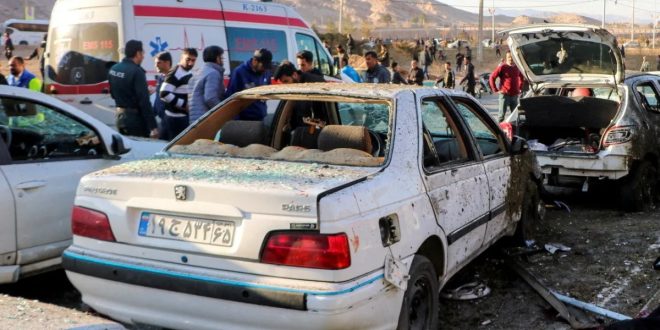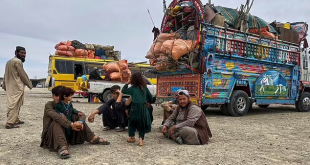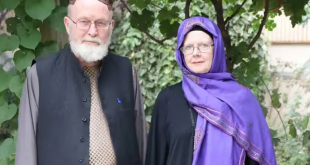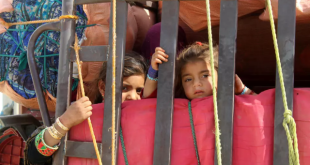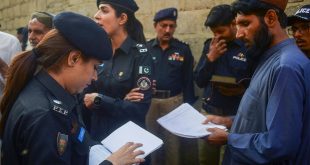AT News
KABUL – The Islamic State terrorist group has claimed responsibility for the bombings in southern Iran that killed at least 84 people. The attack targeted a crowd commemorating the anniversary of the death of Qassem Suleimani, a senior Revolutionary Guards commander killed by a US drone strike in Baghdad four years ago.
The explosions occurred near Suleimani’s tomb in the city of Kerman, adding a grim chapter to the ongoing tension between Iran and ISIS. Suleimani, known for his opposition to the extremist group, had inflicted significant damage to their cause in Iraq and Syria.
Iran swiftly responded by reinforcing security along its borders with Afghanistan and Pakistan, suspecting the involvement of an ISIS affiliate. The Sunni extremist group later claimed responsibility, stating that two of its members detonated explosive belts in the crowded area.
International condemnation poured in, with the UN Security Council denouncing the “cowardly terrorist attack” and expressing condolences to the victims’ families and the Iranian government. The Revolutionary Guards vowed a harsh response, calling the attack a “blind and spiteful act.”
As tensions escalate in the region, various incidents have fueled the fire, including the recent conflict in Gaza, a US helicopter attack on Iran-backed Houthi rebels, and an Israeli drone strike in Beirut. Iran initially pointed fingers at the US and Israel, but both nations denied involvement.
Experts outside Iran suggested that the attack bore the hallmarks of ISIS, noting the group’s previous claims of responsibility for attacks on Iranian soil. The Kerman attack raises concerns about the potential vulnerability of large public gatherings during well-publicized events.
With the death toll revised down to 84 and over 200 people undergoing treatment, Iran faces a challenging situation. The government’s response, or lack thereof, to this incident is likely to become a significant domestic political issue, especially with parliamentary elections approaching.
As Iran mourns the loss and contemplates its next steps, the international community watches closely, aware of the broader implications on regional stability. The aftermath of this tragic event may further shape Iran’s stance against perceived external threats, emphasizing the need for a delicate balance between security measures and diplomatic efforts.
 Afghanistan Times
Afghanistan Times
